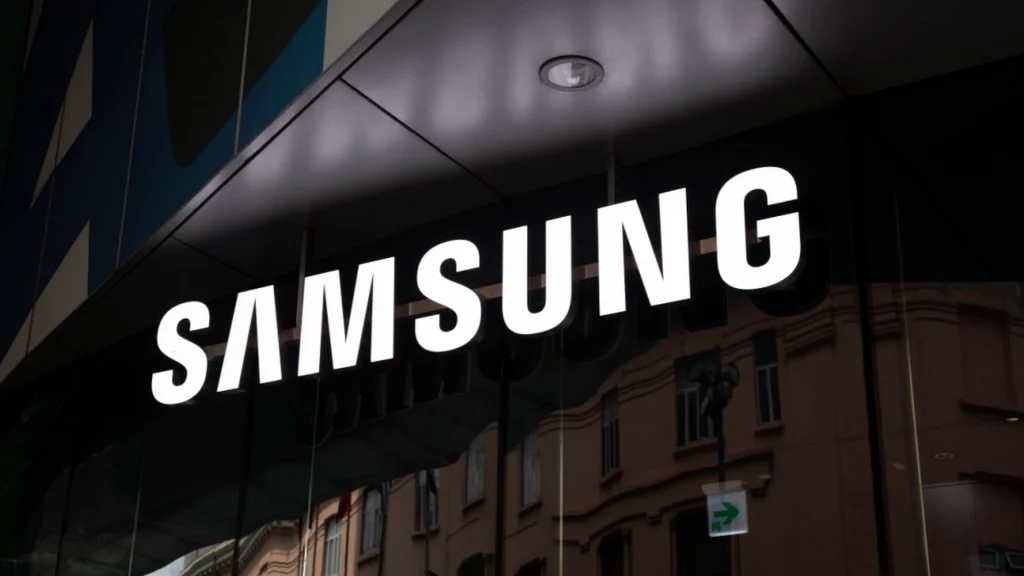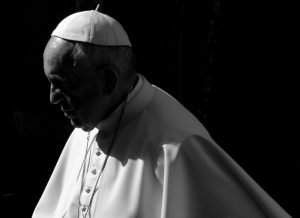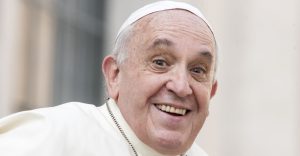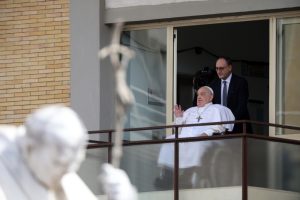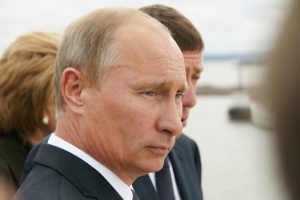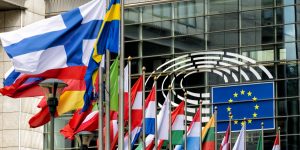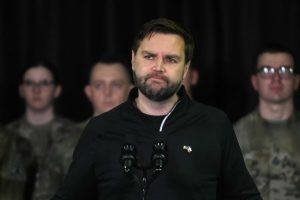Hyundai, LG, and Samsung quietly prepare for postwar comeback in Russia, The Korea Times reports.
Others are reading now
Top South Korean corporations — including Hyundai Motor Group, Samsung Electronics, and LG Electronics — are considering a return to the Russian market, according to a new report from The Korea Times.
While no official re-entries have been confirmed, subtle signs, including resumed factory activity and job postings, suggest a growing appetite to reclaim lost ground — once the war in Ukraine and international sanctions allow it.
LG’s Moscow Factory Back in Motion
LG Electronics, one of South Korea’s biggest tech exporters, has already partially resumed operations at its appliance plant in Moscow.
The facility, which previously produced refrigerators and washing machines, had been idle since the start of Russia’s full-scale invasion of Ukraine in 2022.
Also read
An LG spokesperson said the plant is running on pre-existing materials to prevent further deterioration of idle equipment. While LG maintains it is “exercising caution,” CEO Cho Ju-wan stated on March 25 that the company is “closely monitoring the situation” and may restart operations in full if sanctions are lifted.
Hyundai Hints at Re-entry, Posts Jobs in Russia
Hyundai Motor Group — along with its affiliates Kia, Hyundai Mobis, and Hyundai Steel — is also quietly preparing for a potential return.
A company spokesperson confirmed that the group is “closely monitoring the situation” but has made no final decisions.
That said, Hyundai’s subsidiaries have recently begun posting job vacancies in Russia, suggesting preparations are underway. Before exiting in late 2023, Hyundai and Kia were leading automotive brands in the country.
The group sold its St. Petersburg plant in December for a symbolic 10,000 rubles (roughly $110), but with a buyback clause allowing it to reclaim the factory within two years — effectively setting a soft deadline for deciding on re-entry.
Samsung Keeps Its Brand Alive Through Parallel Imports
Samsung Electronics suspended operations at its Kaluga plant in 2022.
The facility, which produced about 1 million TVs, monitors, and washing machines annually, remains idle. But Samsung has continued to support its retail footprint in Russia through parallel imports and licensing agreements with local companies, rather than manufacturing directly.
The company has notably increased its marketing spend in Russia by 30% year-on-year, according to Kommersant, raising speculation that Samsung, too, is preparing for a bigger reappearance once the war subsides.
According to The Korea Times, a senior representative from a major South Korean conglomerate said Russia remains a strategically important market: “Once the war is over, every effort to resume business will likely be made.”
However, the representative added that Korean firms face a new challenge: regaining market share from Chinese companies, which have expanded rapidly in Russia since Western companies began withdrawing.
South Korea’s trade with Russia peaked at $29.9 billion in 2021, making Russia the 12th largest destination for Korean exports. Since the war, that figure has dropped significantly, but it remains a key target for future expansion.
The developments come just days after Italian appliance manufacturer Ariston Thermo became the first Western company to formally return to Russia. It reclaimed control of its Russian subsidiary and pledged to continue operations in compliance with current EU sanctions — a move seen by many as a signal that Western companies may soon follow suit.

